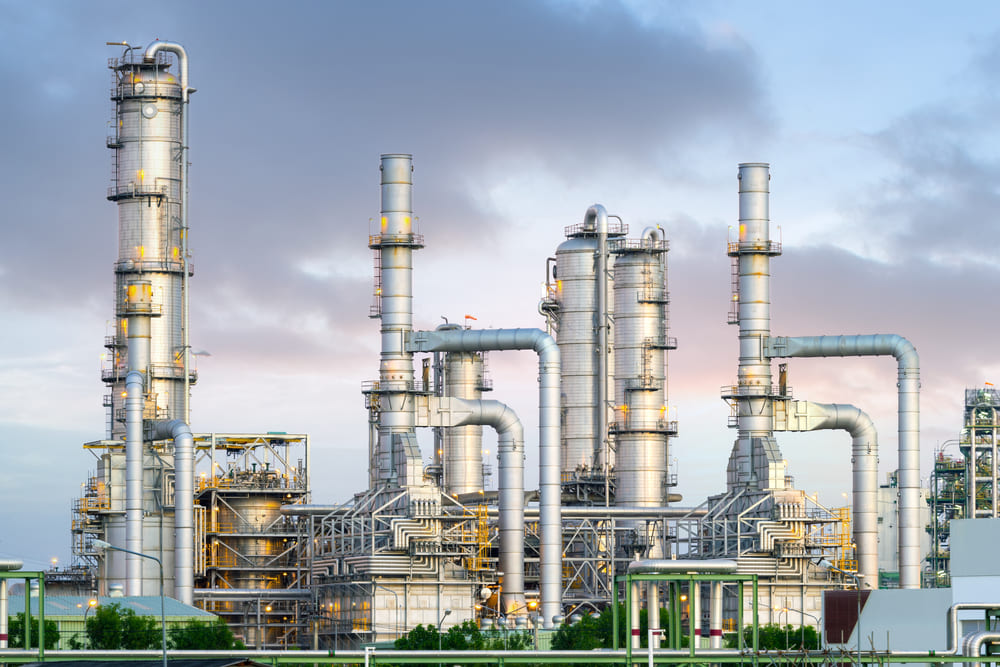
The ME-93 Hydrogen Technologies Committee has successfully adopted nine International Organisation for Standardisation (ISO) standards to assist Australia’s energy transition and ensure its position as a global force in the emerging hydrogen economy.
The ME-93 Committee, which mirrors the ISO Technical Committee 197 and the International Electrotechnical Commission (IEC) Technical Committee 105, is integral for Australia’s use of hydrogen to ensure not only that the option to transition to a low-carbon economy by the utilisation of hydrogen can be achieved safely, but that the economic, environmental and social benefits of the new industry are fully realised.
The ME-93 Committee covers all aspects of hydrogen across the value chain, including the production, storage and handling, measurement, transport, transmission and distribution of hydrogen, as well as end-use applications such as hydrogen refuelling infrastructure and mobility applications, domestic and industrial appliances and power and heat generation.
The nine new Standards for Australia will help with the safe and effective scale-up of hydrogen technologies:
- AS 16110.1:2020, Hydrogen generators using fuel processing technologies, Part 1: Safety (ISO 16110-1:2017 MOD)
- AS ISO 16110.2:2020, Hydrogen generators using fuel processing technologies, Part 2: Test methods for performance
- AS ISO 14687:2020, Hydrogen fuel quality – Product specification
- AS 22734:2020, Hydrogen generators using water electrolysis – Industrial, commercial, and residential applications (ISO 22734:2019, MOD)
- SA TS 19883:2020, Safety of pressure swing adsorption systems for hydrogen separation and purification (ISO/TS 19883:2017, MOD)
- AS ISO 16111:2020, Transportable gas storage devices – Hydrogen absorbed in reversible metal hydride
- AS ISO 19881:2020, Gaseous hydrogen – Land vehicle fuel containers
- AS 19880.3:2020, Gaseous hydrogen – Fuelling stations, Part 3: Valves (ISO 19880-3:2018, MOD)
- AS 26142:2020 Hydrogen detection apparatus – stationary applications (ISO 21642:2010 Ed 1.0 MOD)
Five ME-93 working groups now established
In May 2020, the committee established five working groups tasked with overseeing and developing guidance in the following areas:
- Production, Handling and Storage
- Pipeline and Gas Distribution Networks
- End-Use Applications
- Fuel Cell Applications
- Mobility Use Applications
More information on the Working Groups can be found in the ME-93 Hydrogen Technologies Strategic Work Plan, published by Standards Australia. The Plan is an adaptive document that can be used to identify priority areas in the hydrogen standards space, summarising the Committee’s work and highlighting its future activities for the next three years. The Work Plan can be viewed here.
Next steps for ME-93
According to National Energy Resources Australia (NERA), the modified adoption of ISO/TR 15916:2015: Basic considerations for the safety of hydrogen systems is in progress, with the adoption of the IEC standards relating to stationary fuel cells is also planned for early 2021. A project has also commenced to deliver new Standards Australia Technical Specification — Hydrogen Storage and Handling.
To find out more about ME-93 and key information related to the development of hydrogen standards, visit the Standards Australia website here.








